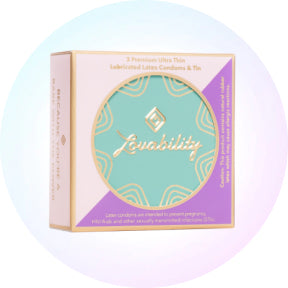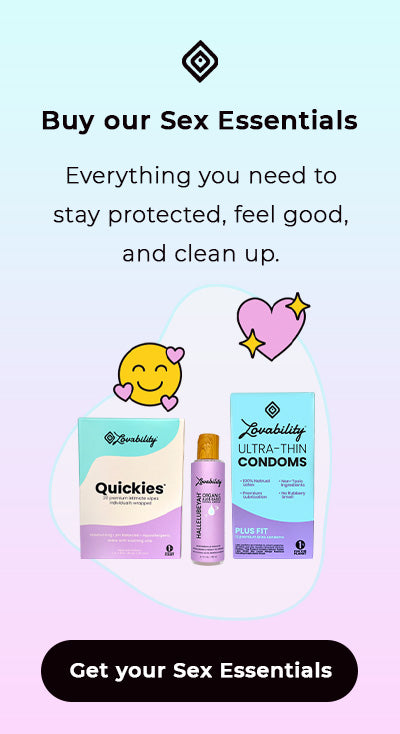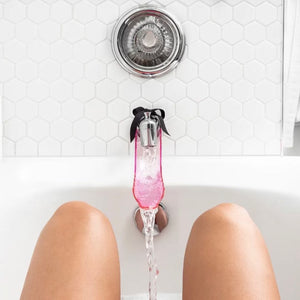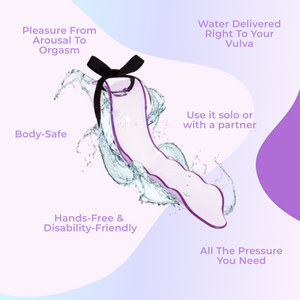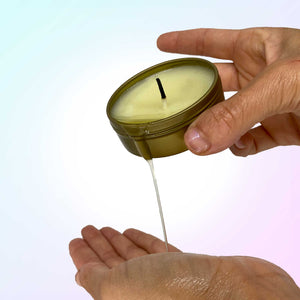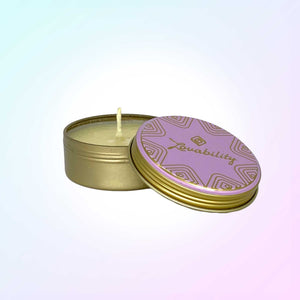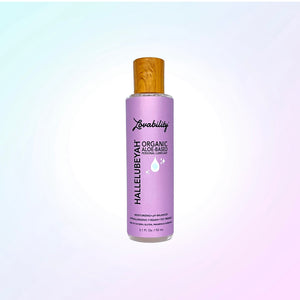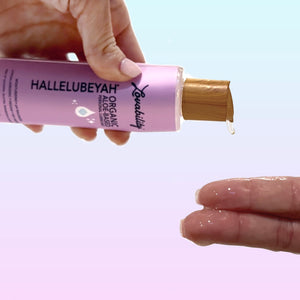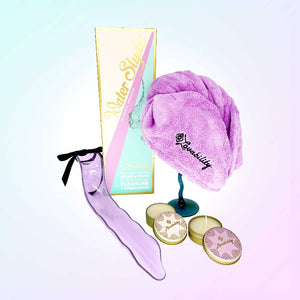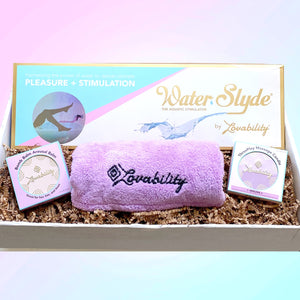Hey there, fabulous ladies! Let's have a real talk about something many of us have experienced but might not always want to discuss – yeast infections after sex. Yep, we're diving deep into this topic to shed some light on why it happens, what causes it, and most importantly, what you can do to better protect yourself. So, grab your favorite cozy spot, snuggle in, and let's get started!
What Is A Yeast Infection?
First things first, let's break it down – what exactly is a yeast infection? A yeast infection, also known as candidiasis, is a common fungal infection that affects the vagina and vulva. It's caused by an overgrowth of yeast, specifically Candida albicans, which can lead to symptoms like itching, burning, and unusual discharge.
Is A Yeast Infection The Same As A UTI?
What Causes Yeast Infections?
Now, the big question – what causes yeast infections? Well, there are a few factors at play here:
-
Imbalance in Vaginal Flora: Your lady parts are home to a delicate balance of bacteria and yeast. When this balance gets thrown off, whether due to hormonal changes, antibiotics, or other factors, it can lead to an overgrowth of yeast and the dreaded yeast infection.
-
Sexual Activity: Yep – sex can sometimes be a culprit. The friction and movement during intercourse can disrupt the pH balance of the vagina, creating an environment where yeast can thrive.
-
Condom & Lubricant Use: Certain types of condoms and lubricants can contain ingredients that disrupt the vaginal flora and increase the risk of yeast overgrowth.
-
Oral Sex: Can you get a yeast infection from oral sex? While it's less common, it is possible. Yeast infections can occur in the mouth and throat, so if your partner has oral thrush (a yeast infection in the mouth), it's possible to transmit it to your lady bits during oral sex.
What Can I Do to Better Protect Myself from Getting Yeast Infections?
Now that we've covered why yeast infections after sex happen, let's talk about what you can do to lower your risk. Here are a few tips to help you stay happy, healthy, and yeast infection-free:
Before Sex:
-
Choose Your Sex Essentials Wisely: Opt for condoms that are free of spermicide, flavorings, and other harsh chemicals that can mess with your vaginal flora. For lubricants, look for a water-based lubricant formulated to the ideal osmolality. Avoid flavored lubes (especially if you are prone to infections), as they contain high sugar levels that feed the bacteria naturally found in the vagina, encouraging the growth of yeast; similarly, lubricants with glycerin have also been linked to an increased risk of developing a yeast infection.
-
Communicate with Your Partner: If you or your partner have a history of yeast infections, it's essential to communicate openly and discuss ways to minimize the risk. Consider using condoms or dental dams during oral sex to reduce the risk of transmission.
After Sex:
-
Practice Good Hygiene: After getting busy, gently clean your vulva with warm water and mild soap. A body-safe, pH-balanced vaginal wipe will help to refresh, sooth and moisturize your sensitive parts, but avoid harsh scrubbing or douching, as this can disrupt the natural balance down there.
-
Stay Dry: After washing up, make sure to pat yourself dry with a clean towel. Avoid hanging out in sweaty clothes or tight underwear that can trap moisture and create a breeding ground for yeast.
-
Consider Probiotics: Incorporating probiotics into your routine can help maintain a healthy balance of bacteria and yeast in your lady parts. Consider taking oral probiotic supplements or using probiotic suppositories specifically designed for vaginal health.
Can I Have Sex While I Have A Yeast Infection?
It is recommended that you wait until your infection and its symptoms have cleared before you have sex, usually between a few days and a week. Along with the fact that yeast infections may be passed back and forth with your partner, sex may slow down the healing process.
So, there you have it, lovely ladies – a guide to understanding yeast infections after sex and what you can do to protect yourself. Remember, your vaginal health is important, and taking care of yourself means prioritizing your well-being in all aspects of life, including sex. Here's to happy, healthy lady bits and plenty of worry-free fun between the sheets!
More Articles You Might Love
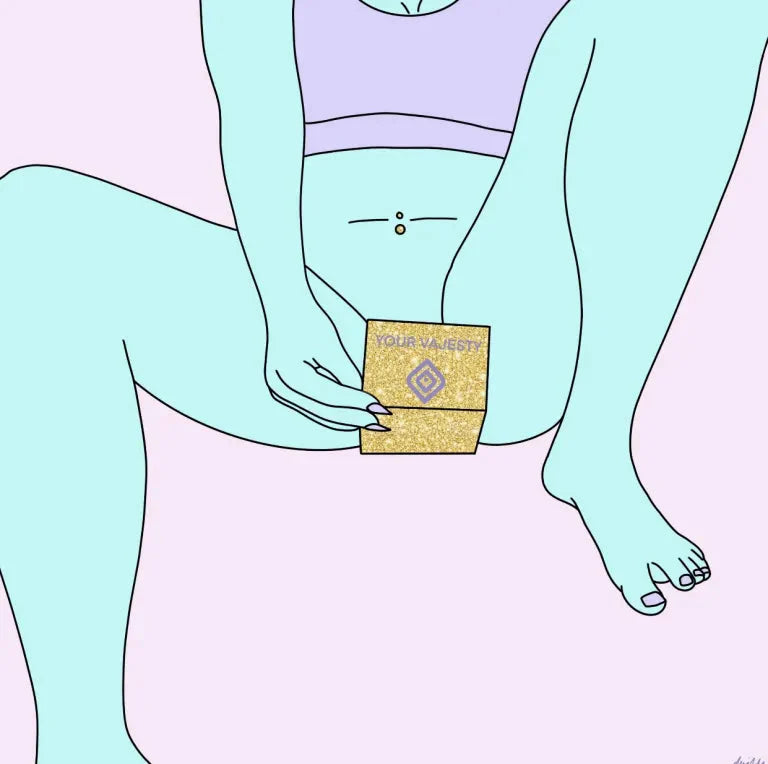
Get To Know Your Vulva



